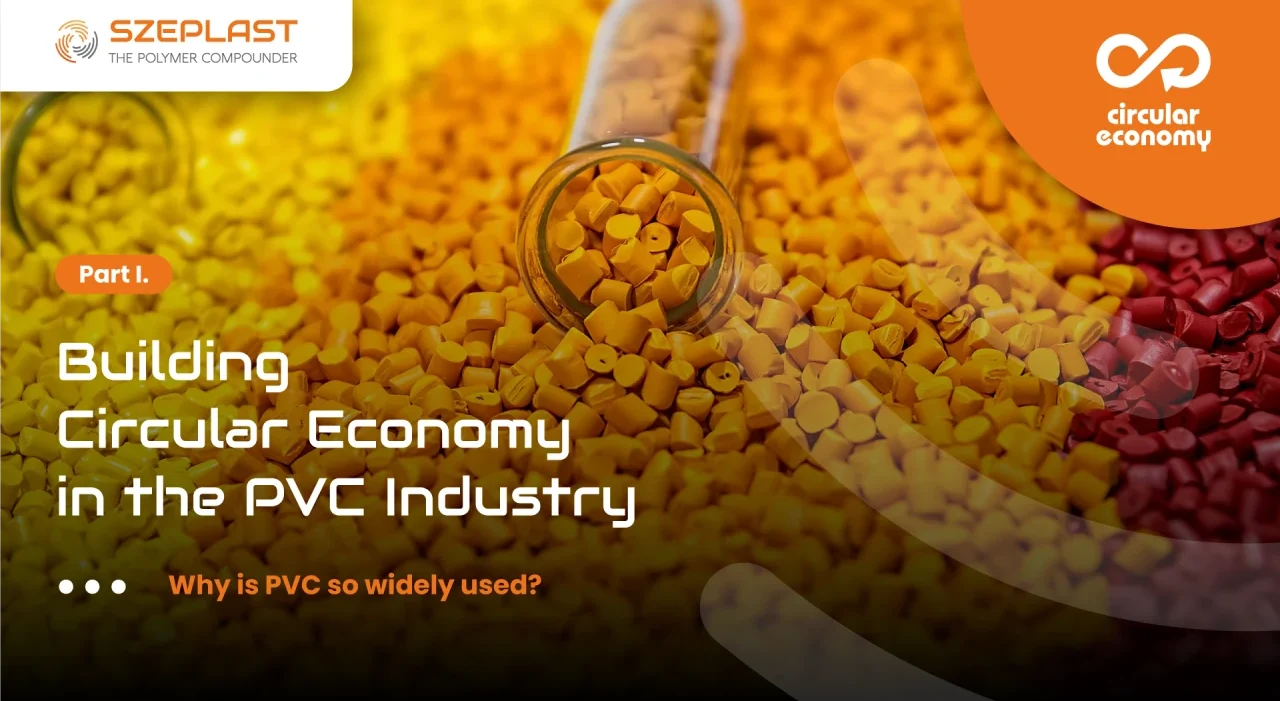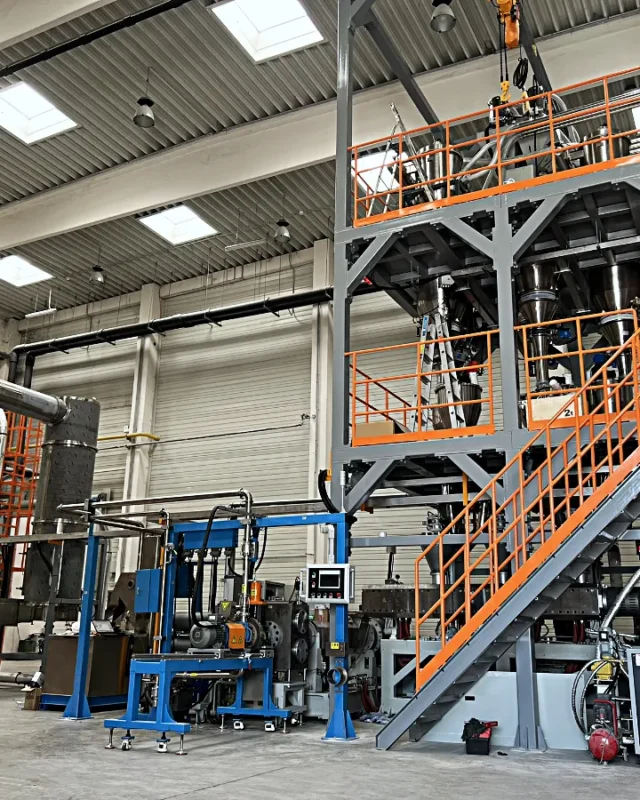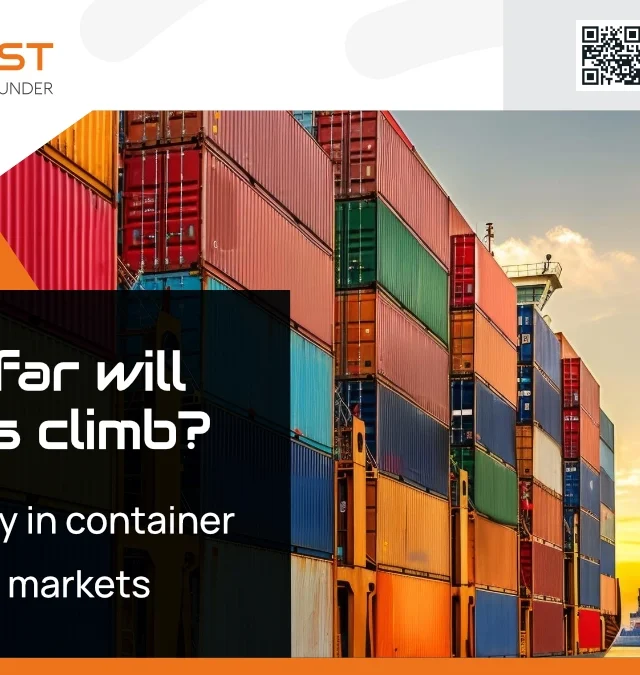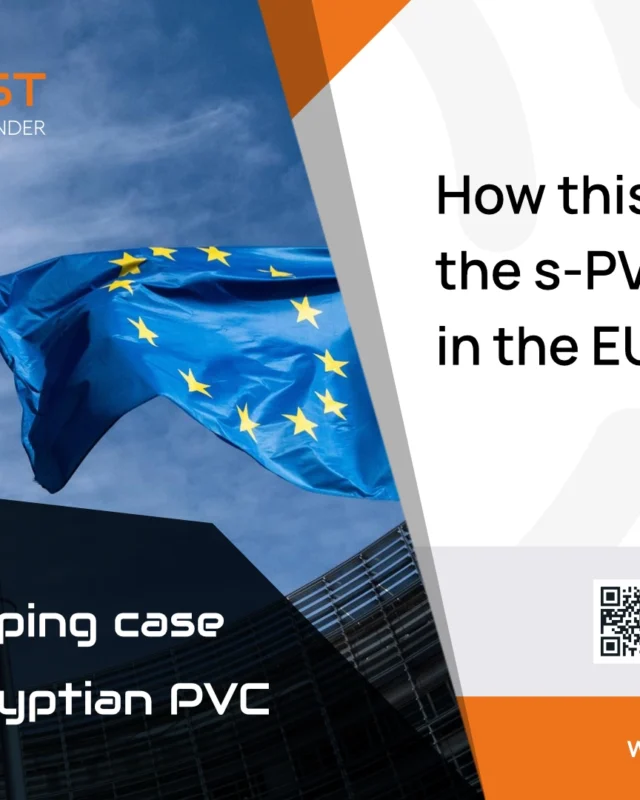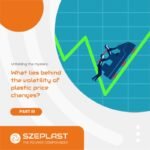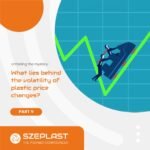In the realm of polymers, few materials rival PVC’s remarkable versatility. As one of the most widely used polymers globally, PVC stands out for its diverse applications and inherent sustainability characteristics, making it an essential player in building a circular economy. In this LinkedIn article, we will explore three key aspects of PVC: its popularity, sustainability, and recyclability.
1. Diverse Applications
PVC’s diverse nature enables its use across a broad spectrum of industrial, technical, and household applications. In Europe, approximately two-thirds of PVC produced finds its place in building applications. These include PVC window frames, pipes, flooring, electric cables, and a multitude of other vital uses like plastic linings, membranes, waterproofing applications, and coated fabrics. It doesn’t stop there; PVC’s adaptability extends to packaging, automotive components, furniture, and more.
2. Sustainability at its Core
PVC’s sustainability story begins with its raw materials. It’s primarily derived from common rock salt and oil-derived hydrocarbons, which sets it apart from other major thermoplastics. This unique composition results in a lower carbon footprint and reduced oil dependency. Furthermore, PVC is known for its durability and energy efficiency across various applications, making it a resource-efficient choice.
3. Recyclable Wonder
A significant aspect of PVC’s sustainability journey is its recyclability. The European PVC industry has been actively working to boost PVC waste collection and optimize recycling technologies. This collective effort aims to minimize waste generation, reduce energy consumption, and enhance the percentage of recyclate used in new products. In fact, a 2011 study revealed that PVC represented less than 0.4% of construction waste, underlining its minimal environmental impact.
PVC’s sustainability extends to its versatile formulation possibilities. It allows adjustments to improve the safety and eco-efficiency characteristics of the final product, all without compromising technical performance. This flexibility facilitates the reuse and recycling of PVC into new products, promoting significant energy savings and reduced process emissions.
In a world where we need to meet the demands of a growing population, PVC plays a pivotal role in delivering and sustaining quality, comfort, and safety in modern lifestyles. PVC products help conserve natural resources, ensure safe water, food, shelter, sanitation, energy, and health services while maintaining economic security. Its minimal environmental load and exceptional energy efficiency underscore its value.
With PVC window profiles, for example, offering three times the heat insulation efficiency of aluminum, it significantly increases the energy efficiency of our homes and workplaces, all while ensuring our comfort. The PVC industry recognizes the importance of its products’ sustainability characteristics and is systematically working to ensure PVC continues to play a vital role in building a more sustainable future for humanity.
PVC’s popularity, sustainability, and recyclability are not just attributes but a testament to its significant contribution to a circular economy. As we strive to create a greener and more sustainable world, PVC remains a key player in shaping a more efficient and environmentally conscious future.♻️🌍
Source: VinylPlus: PVC recycling technologies

